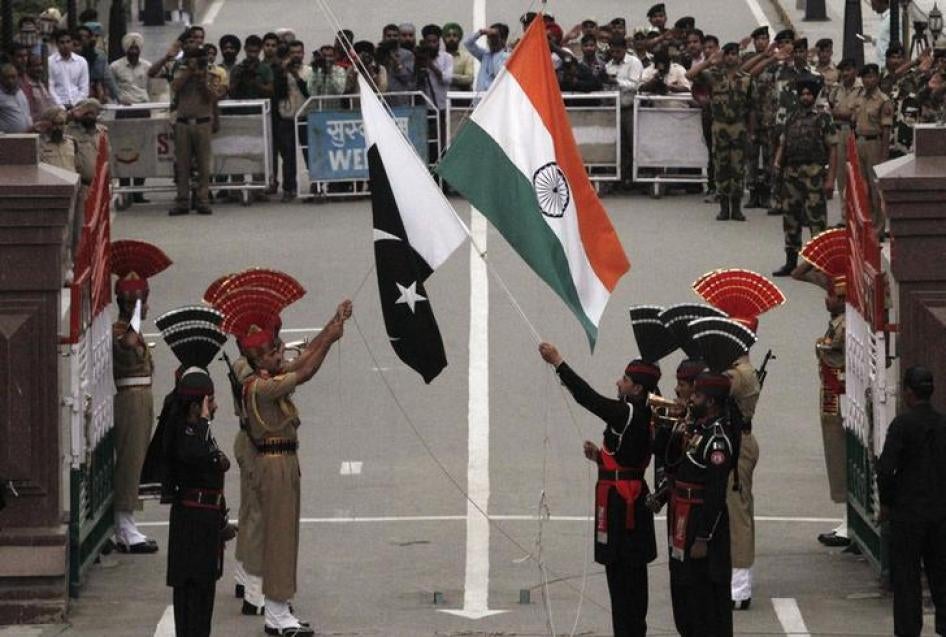In August 1997, as a journalist for Time magazine, I worked on a special issue celebrating 50 years of India and Pakistan as independent nations. We did report the horrors of Partition — the millions who lost lives and homes in bloody riots, the killing of Mohandas Karamchand Gandhi soon after by men who thought he spoke too often about the rights of Muslims and not Hindus — but only as a memory of unfathomable hate. “It was madness,” old men, once-murderers, shuddered as they confronted mortality and thought about mercy.
In the five decades since Independence, the two nations had in many ways flourished, shaking off famine, disease, illiteracy. Life spans increased, fewer children died young, and more mothers survived birth. As writers, artists, scientists, traders, and achievers in many other fields, Pakistanis and Indians had found their voice and earned international respect. Economic prospects were encouraging, and with that the hope of lifting millions out of poverty. Time’s special issue, and even the fact that a major international magazine had produced it, was one of optimism.
Now, two decades later and 70 years since Independence, despite many gains, both India and Pakistan appear willing to relinquish the one thing that people fought for together: Freedom. They have adopted, and even embellished, the practices of their colonial oppressors. State security forces, used by the colonial administration to suppress the population, remain as abusive as ever. Religious sentiment is deployed to kill, with induced fervour that encourages militants to shoot down people in railway stations or hotels, blow them up in parks, and for mobs to beat a man to death on the streets.
Loyalty is always on test, on what people post on social media, what they sing, write, paint, and whether they bow before the flag. Those who dare dissent are vanquished by laws that have long since been dropped by the colonial rulers. Charges of sedition or blasphemy are recklessly handed down, and then marauding followers are let loose to punish, incited by ultranationalist demagogues.
Civil liberties and human rights are denounced as imported concepts, created by the former colonisers, forgetting that they are ideas that found global acceptance after the devastation of world war.
In Pakistan, secret military courts consign to the hangman, men convicted of terrorism after unfair trials, while establishment forces nurture others who will commit terror attacks.
In Pakistan, a Christian woman is facing the death penalty because denouncing discrimination was deemed blasphemous; a politician who spoke for her rights was murdered, and his killer feted. In India, a little boy is left bleeding to death by both his killers and bystanders because he might just have been a beef-eater. And in both countries, leaders speak of protecting women, and yet promptly blame the victim for sexual abuse, domestic violence, acid attacks, and other ill-treatment.
India and Pakistan have mirrored a crackdown on critics. Groups who speak out for human rights might lose their funding, and even face arrest.
So, 70 years on, both countries need a course correction. Many pledges will be made, but it is time to commit to truly becoming states that rejoice in diversity, and ensure the rights of the most vulnerable are protected.









